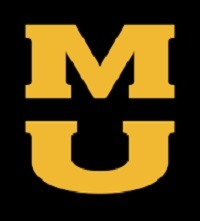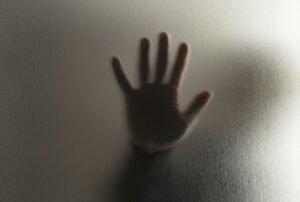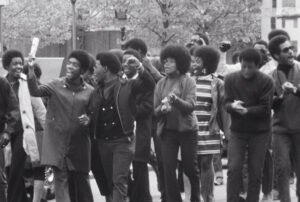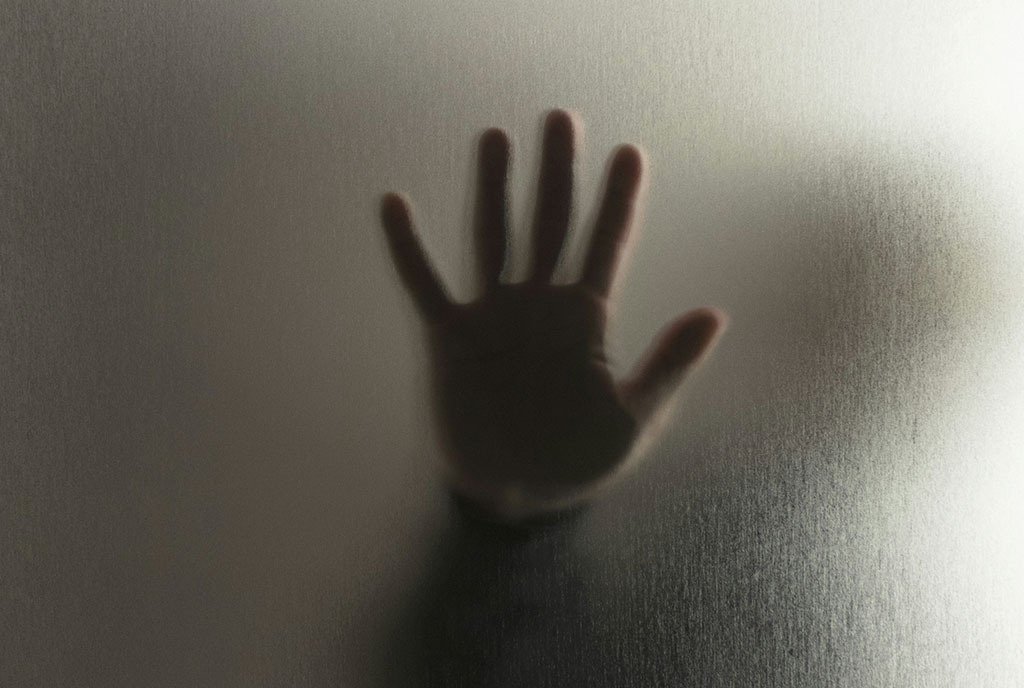
November 8, 2015; New York Times
The University of Missouri football team is taking a stand against racism to the point of boycotting all team activities until the president of the university system resigns. The controversy dates back to racial incidents on campus, including the drawing of a swastika in feces on the wall of a communal bathroom in a dorm. A black graduate student, Jonathan Butler, wrote to the school’s governing body alleging “a slew of racist, sexist, homophobic, etc., incidents that have dynamically disrupted the learning experience” at Missouri and followed the letter with a hunger strike.
The fact that the team is standing with Butler is a striking example of athletes standing up for their peers. According to the New York Times, the Legion of Black Collegians, the black student government at Missouri, tweeted a photo of more than 30 football players linking arms with Butler, with a message calling for the UM president’s resignation or removal.
— Russell Hansbrough (@imthatnike) November 8, 2015
“The athletes of color on the University of Missouri football team truly believe ‘Injustice Anywhere is a threat to Justice Everywhere,’” the tweet read. “We will no longer participate in any football related activities until President Tim Wolfe resigns or is removed due to his negligence toward marginalized students’ experiences. WE ARE UNITED!!!!!” Missouri football coach Gary Pinkel also tweeted his support of the players, saying, “The Mizzou Family stands as one. We are united. We are behind our players.”
The Mizzou Family stands as one. We are united. We are behind our players. #ConcernedStudent1950 GP pic.twitter.com/fMHbPPTTKl
— Coach Gary Pinkel (@GaryPinkel) November 8, 2015
Sign up for our free newsletters
Subscribe to NPQ's newsletters to have our top stories delivered directly to your inbox.
By signing up, you agree to our privacy policy and terms of use, and to receive messages from NPQ and our partners.
How did this controversy rise to the level where a hunger striker and the football team are demanding the resignation of the university’s president, Timothy Wolfe? An article by Libby Nelson in Vox suggests that the issue is the handling of the numerous reported incidents by Wolfe and other university executives. Even though the university chancellor, R. Bowen Loftin, responded to one of the early incidents calling for the entire university to take online diversity training, protesters were not satisfied. After students confronted Wolfe and blocked his car, Wolfe’s car bumped a student—who happened to be black graduate student Jonathan Butler.
Wolfe met with the protesters, who demanded a written apology and an acknowledgement of his “white male privilege,” but Wolfe’s response failed to satisfy the protesters, and Butler initiated his hunger strike.
The protesters’ demands, issued by “Concerned Student 1950” (after the year that black students were first admitted to the University of Missouri), are unsparing. They charge Wolfe with “gross negligence” for allowing his driver to hit Butler and call for Wolfe’s removal as president of the University of Missouri system, the selection of future Missouri presidents and chancellors by “a collection of students, staff, and faculty of diverse backgrounds,” and the development of a racial awareness and inclusion curriculum “vetted, maintained, and overseen by a board comprised of students, staff, and faculty of color.”
As of Sunday, Wolfe was not resigning. A statement in his name issued by the university asserted that Wolfe’s administration had “been meeting around the clock and has been doing a tremendous amount of reflection on how to address these complex matters.”
“Clearly, we are open to listening to all sides, and are confident that we can come together to improve the student experience on our campuses,” the Wolfe statement said. “We want to find the best way to get everyone around the table and create the safe space for a meaningful conversation that promotes change. We will share next steps as soon as they are confirmed.”
As of Sunday, the stalemate had not been resolved. A joint statement from the coach and the athletic director announced the cancellation of football practice. “After meeting with the team this morning, it is clear they do not plan to return to practice until Jonathan resumes eating,” their statement said. If the team doesn’t play its scheduled game against Brigham Young University next Saturday, Missouri would be required to pay BYU liquidated damages of $1 million, per a contract signed between the two schools.
The press coverage of the Missouri protests has referenced recent incidents at other universities, racial as well as against women, but it may be that the willingness of the Missouri football team to take this stand despite still being in the running for a berth in bowl is related to the proximity of the university to Ferguson, where the “Black Lives Matter” movement largely originated. The University of Missouri is part of the Missouri state government, whose governor, Jay Nixon, was hardly an inspirational leader in the wake of the killing of unarmed teenager Michael Brown.
The latest breaking news is the announcement of an early morning meeting scheduled for Monday by the University of Missouri Board of Curators. Whether the Board will take up the possibility of a resignation or termination for Wolfe is unclear. This is a controversy that doesn’t seem to be blowing over any time soon.—Rick Cohen













